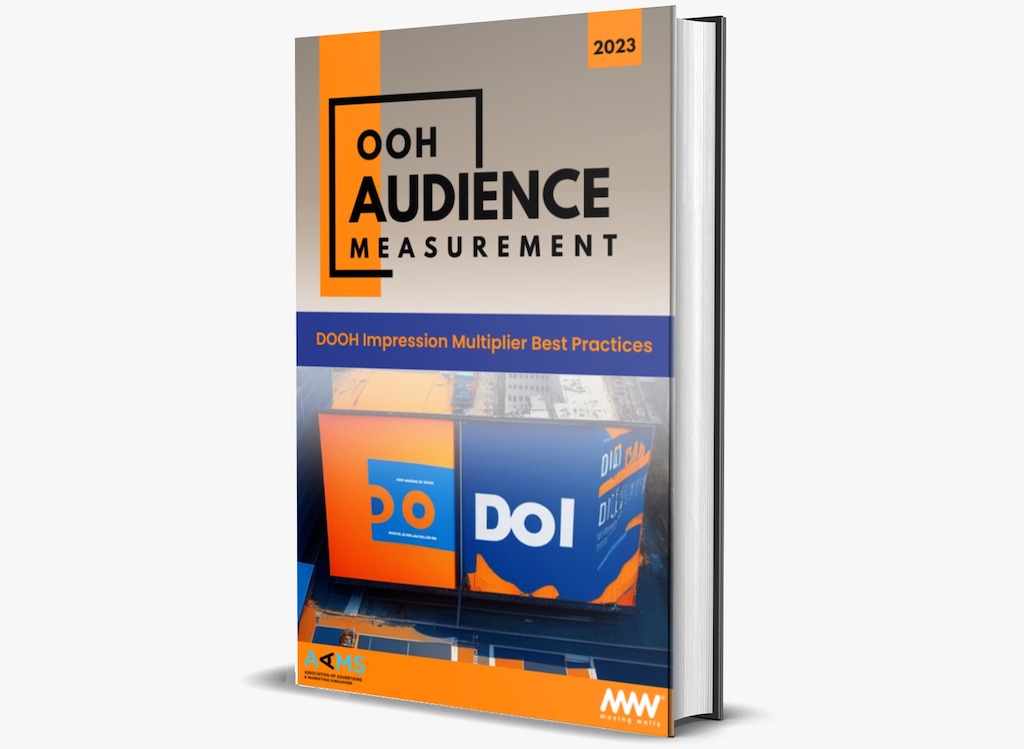This is a screen-cap from a deep-fake video that has Sylvester Stallone’s face superimposed on Arnold Schwarzenegger’s one.
This is the Editor’s Note for the Print Issue 239 of Marketing.
We are living in an age of fakers and fraud.
Our local news cycle is currently dominated by an endless torrent of vile filth that permeates social media as a result of the latest video-driven scandal that has dragged powerful personalities literally into the gutter of politics.
In the advertising world, it was recently reported that in the APAC region, mobile advertising space has seen fraud that has led to US$34 billion of advertising losses during 2018.
TrafficGuard, an expert in ad fraud, estimates that the number will move closer to US$56 billion by the time we reach 2022.
Just let these number sink in for a minute. It’s truly staggering to see just how much of an epidemic this whole situation is and how the developers of the industry must focus more on security and how consumers need to be more aware of fraud.

The study done by TrafficGuard covered countries such as Malaysia, Thailand, South Korea, Indonesia, Japan, India, the Philippines, Australia, China and Singapore.
In 2018, one out of 13 app installs were not carried out by genuine users.This proves that fraudulent activity is rampant.
Scammers use intricate and advanced techniques to fly under the radar, and they evade the most sophisticated attribution platforms.
Interestingly, ad fraud remains highest in China, and by 2022, TrafficGuard predicts that Chinese publishers and advertisers will face losses up to US$19 billion.
Countries like Japan, Indonesia, Australia and South Korea are also highly susceptible to ad fraud at the highest levels as its users spend more time on the apps.
In layman terms, and advertiser that runs a US$10 million campaign without fraud detection software could easily forfeit up to US$2.6 million of the funds due to fraud.

There are possible recommendations that include the use of multi-point fraud prevention and this immediately detects any spending that appears to be fraudulent.
Systems like this can provide real-time blocking of fraud. Every transaction is analyzed and traffic is blocked in the case of fraudulent activity.
This can go a long way to protecting people from becoming victims, but more importantly, it can also increase performance through accurate and useful metrics.
Like a lot of things, reducing exposure to fraud starts with choosing one’s partners carefully.
Working with trusted entities limits liabilities, and a trusted ecosystem is a big step towards combating fraud in any shape of form.
Independent, third-party ad verification audit services can ensure companies only spend money on positive outcomes.
Of course, Artificial Intelligence (AI) is also becoming a key component in fighting fraud and illegal activity too.

Ultimately, like everything else in life, there is always a human element attached to everything that we do.
Advertising in a lot of ways is all about life being heightened to a sense where we are all actors in a grand theater that is life.
Why can’t we appeal to higher ideals instead of dragging people down into the muck? Why can’t we unite and celebrate our differences rather than subscribe to the old adage of divide and conquer?
As they say, life is like a camera. You need to focus on what is important and capture the good times for sweet memories.
You also need to develop from the negatives and if things do not work out, always be ready to take another shot.
Here’s to a great read, we hope you enjoy this issue with AirAsia 3.0 as our cover story.
Warmest Regards,
Anil Prabha.
You may download the PDF version of MARKETING’s ISSUE 239 by clicking here.
To advertise, call Jarrod on +6018-220 0682 or email [email protected]
MARKETING is Malaysia’s Number 1 industry magazine for the marketing communications industry and is read by 30,000 readers who are affluent advertising, media, and marketing decision makers nationwide.
It is dedicated to the pursuit of excellence in all facets of marketing communications and serves as an observatory of the marketplace for ideas, insights, and inspiration that can enhance brand strategies.
MARKETING Magazine is not responsible for the content of external sites.









